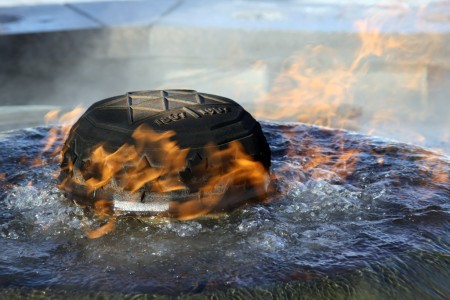Over at The Oil Drum, a reader has expressed an idea they call the ‘Law of Receding Horizons.’ This pertains to the energy industry and holds that, for unconventional fuels like ethanol and the oil sands, higher oil prices are not a guarantee of increased profits. This is because their own costs of production are not insulated from the direct and indirect effects of oil price increases. As such, their costs of production often rise to squeeze away any increased profit margin. Robert Rapier expresses the same idea in his recent post on fuels made using a thermal depolymerization process.
It seems unlikely that this holds true in all cases. Certainly, oil sands producers were a lot more upbeat when oil was around $150 a barrel than they are now that it is around $40. That being said, it may prove to be one reason for which new sources of unconventional fuel do not emerge in a cost-effective way as older and cheaper sources are depleted.
It is also worth mentioning that the costs here exclude any externalities. I maintain that if all the people who are and will be affected by oil sands production offered a dollar value equivalent to the level of harm they suffered to the oil sands producers, in lieu of continuing to produce they would choose to take this settlement. The externalities associated with the oil sands are probably greater than the welfare benefits of the fuel being produced.





